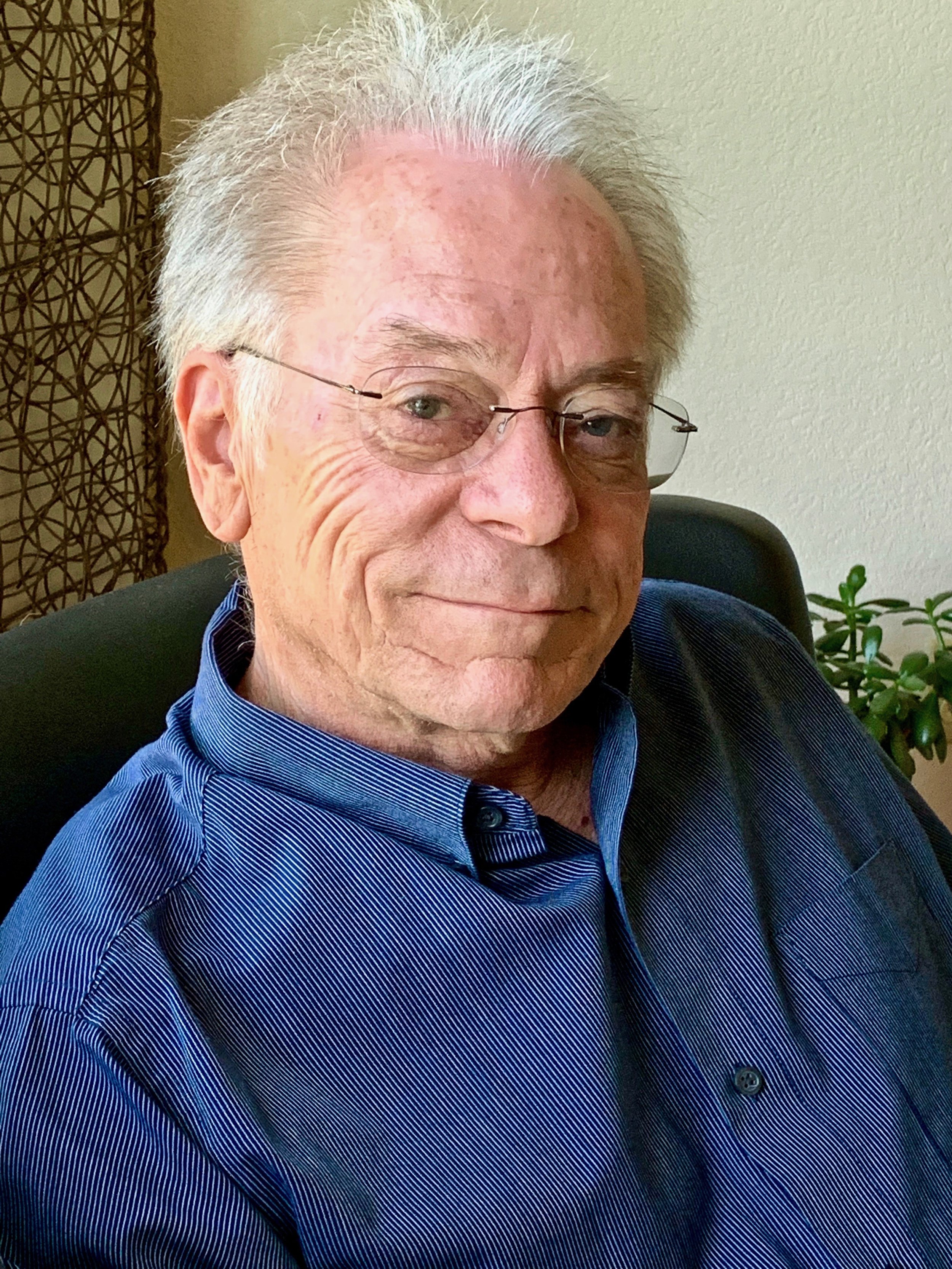
CHILDREN’S RESIDENTIAL FACILITIES
-
Turning Point of Central California, Inc. (Turning Point) has been successfully operating specialty residential facilities concentrating in the field of developmental disabilities since 1997. In 1997 Turning Point was asked to join partnership with Central Valley Regional Center and Porterville Developmental Center in a joint effort to pilot one of California’s first “crisis homes.” This 2 bed residential program offered much needed treatment to children with severe psychiatric, developmental and behavioral challenges that would otherwise have been relegated to much more restrictive treatment through a Developmental Center. Then in 2001, in collaboration with the TriCounties Regional Center an additional “crisis home” was established and successfully operated under Turning Point’s direction in Atascadero, CA. In 2003 Redwood Coast Regional Center asked that Turning Point expand beyond offering “crisis home” service and begin offering treatment through a “step-down” facility.
I am pleased to say that this was so successful that by 2005, Turning Point and the Tri-Counties Regional Center was opening their third “step-down” facility. The “Step Down” model allows for a less restrictive environment that meets the clients where they are, celebrates their progress and supports their growth areas. These facilities also require a less intensive staffing to support residents who have progressed in their growth and self-sufficiency, but are not yet ready for community placements with minimal supports.
Turning Point is very pleased that throughout over 20 years of operating these programs, over 98% of the clients placed in their facilities have maintained their progress by remaining in the community and avoiding decompensation that would require admission to State Developmental Centers. Within these programs, Turning Point has successfully served clients with a wide array of diagnoses including Autism, severe mental illness as well as those who experience co-occurring intellectual disabilities. Each client is provided careful attention and treatment planning that is specifically tailored to their unique strengths and needs. Whether they require use of augmentative communication devices or a wide array of visual supports for our clients experiencing all levels of functional ability.
Sincerely,
Jason Moore, Regional Director
OUR FACILITIES
-
CRISIS
1:1 Ratio UP TO 6 MONTH STAY

-
STEP DOWN
2:1 Ratio UP TO 24 MONTH STAY

-
LONG-TERM
2:1 Ratio UP TO 18TH BIRTHDAY

-
EBSH
RATIO/LENGTH OF STAY VARIES

-
-
-
-
AVALON [COMING SOON!]
OUTCOMES:
-
Person centered planning: Adolescence is a formative time in the development of the self (Erikson, 1968) and Turning Point staff recognizes their responsibility to help each client make significant, developmental strides while under our care. Extinguishing problematic behavior and increasing pro-social behavior is essential in providing treatment, but these aspects are only a part of the picture. When this is the only focus of clinical attention, we fall short of serving the whole person. Each client arrives with their set of challenges but also with a set of (sometimes unidentified) strengths and aspirations. These strengths and aspirations have the potential to offer a uniquely valuable contribution to their home, their family and their community. The client is the expert on their hopes, dreams and preferences. As such, Turning Point’s treatment team works closely with the client to develop individualized treatment plans. Therefore, the treatment team continually elicits the client’s input on setting long-term goals as well as designing short-term positive reinforcements to help to shape behavior and motivate them throughout their stay.
Trauma-Informed Care: Our clinical team will provide a trauma-informed environment that assumes that prior to their arrival, many of our clients have experienced trauma (Hartman & Burgess, 1993; Bryson et. al, 2017; Keesler, 2014). In an effort to reduce a child’s distress, attention is paid to reduce and soften stimulus by making mindful choices related to color, privacy, lighting, sound, hard surfaces, transitioning between activities, and visitors in the home. Additionally, our team will screening and assessment practices to help the treatment team identify individual and families’ needs early in the process and to tailor services to meet those needs. Trauma Screening refers to a tool or process that is a brief, focused inquiry to determine whether an individual has experienced one or more traumatic events, has reactions to such events, has specific mental or behavioral health needs. The following tools are also used:
● Acute Stress Disorder (ASDI)
● Child PTSD Stop Scale
● Pharmacotherapy
● Behavior Therapy
● Cognitive Behavioral Therapy
● Trauma Informed Group Therapy
● Childhood Attachment and Relational Drama Screen (CARTS)
Enhanced Support for Medical Needs: While the LPT/LVN will serve as the on-staff nurse, when additional medical care needs are present, the nurse will consult with a licensed RN to provide enhanced services for clients with needs such as G-tubes, subcutaneous medications, suppositories, enemas and any Emergency Care Training such as the use of an inhaler or Epi-pen.
Enhanced Support for Severe Behavior: The development of a behavior support plan must be consistent with the needs of the individual and when the client is exhibiting more severe behaviors, the support plan must adapt accordingly while remaining both understandable and practical. Most severe behaviors occur as a part of an emotional crisis and are indicators that the client is struggling to control their physiological reaction to some event (regulation) and/or use more socially acceptable behaviors for solving their problem. Once identified, the multidisciplinary treatment team quickly assembles to review the event, deconstruct elements leading up to the event, articulate possible triggers and then modify supports moving forward. Increased supports may include increased staff ratio, medication changes, environmental changes, changing staff assignments, increased supervision and/or teaching the client additional (proactive) coping strategies. All staff are trained in Pro-ACT and the Administrator of the home will be a certified instructor to ensure the staff respond to these behaviors in an appropriate, safe, respectful manner.
Teaching Independence: These clients often require assistance from another in order to complete basic daily tasks. As professionals we seek to provide that assistance in a way that helps them achieve the highest level of independence possible. These clients are capable and their independence is important. The Teaching Independence curriculum breaks down new or difficult tasks into multiple and master-able individual steps and helps staff learn to teach those steps one by one. This approach increases the likelihood of full task mastery and helps ensure that clients will not be entirely dependent upon others. Increased self-esteem, happiness, and a sense of power develop in part from independence and independence is achieved step-by-step over time.
Turning Point works closely with our consultants to ensure that the client is offered comprehensive treatment and barriers that may prevent transition to a lower level of care are proactively addressed and overcome through weekly meetings with the multidisciplinary treatment team
CLINICAL CONSULTANTS:
-
Dr. Michael Barnett, MD has specialized in adolescent psychiatry since 1979. His integrity and approachability has built countless trusting relationships with his clients in inpatient, private practice and residential settings throughout the continental United States. He has been a well-respected clinical leader of multiple teams throughout Turning Point of Central California, Inc. since 1997. To him, the best part of his job is working with a competent team of professionals to find the treatment that works best for each client and their family or support system.
-
“Dr. Rick” is an expert in the treatment of Dual Diagnosis (MH/IDD) and Autism Spectrum Disorder in adolescents. He has completed research and taught on these subjects at the University of Oregon and Western Oregon University, Elizabeth M. Boggs Center on Developmental Disabilities, Robert Wood-Johnson Medical School, University of Medicine and Dentistry of New Jersey, New Jersey City University, The College of New Jersey, Rutgers University, and California Marymount University. Dr. Rick is currently on the faculty of the Psychology department at Sonoma State University. He has edited and published extensively in multiple professional journals and is a highly sought-after speaker for conferences nation-wide. Having served as consultant, trainer and Executive Director at Redwood Coast Regional Center, and then joining the Turning Point team as a consultant in 2020, his contributions to treatment planning have been instrumental to clients successfully meeting their goals while his warm, playfully pragmatic personality has endeared him to clients and co-workers alike.
-
Sam has over 38 years of experience in direct social work and therapeutic services with vulnerable populations experiencing significant disparities many whose lives are complicated by trauma, poverty, substance use, mental illness, and chronic disease. A Behavioral Health provider at Mendocino Community Health Centers for 14 years, he developed Love is Medicine, a relationship-based approach to improve health care delivery and outcomes. Additionally, Sam has provided organizational consultation, program development, training, and clinical support to Turning Point staff and clients for the past 20+ years. His steadfast dedication to the principles of kindness and integrity in his personal and professional life form a solid foundation for respectful, heart-felt connections with the clients he serves, the staff he trains and the experts on this collaborative team.
-
Patrick is a Board Certified Behavior Analyst, an instructor of Non-Violent Crisis Management and Trauma Informed Care and concurrently serves as the Executive/Clinical Director and founder of Aspire Behavior Consulting, LLC. He specializes in supporting individuals with severe problem behavior in Residential, Support Living Services and Adult Day Programs as well as supporting students with severe problem behavior in various academic settings across all grades and in the home. His behavioral programs include comprehensive Functional Behavior Assessments with target outcomes of reduction of severe problem behavior and teaching replacement skills.
-
John is a Board Certified Behavioral Analyst (BCBA) who has served on elementary, junior high and high school campuses and has served on the board of directors for the Northern California Association for Behavioral Analysis. He has provided direct counseling, instruction, conference presentations, clinical direction and behavioral analysis since 1982. As a Behavioral Analysis Consultant in Mendocino and Lake Counties, John works with agencies serving children, adolescence, and adults with developmental disabilities, dual diagnosis, and provides supervision for behavioral aides and Registered Behavior Technicians. He treasures his time spend working with the clients directly, getting to know them and helping them surpass everyone’s expectations. Always ready with a dad joke and a grin, John is a beloved member of the treatment team.
-
Denise is a Board Certified Behavioral Analyst (BCBA) who specializes in providing Functional Behavior Assessments and developing FBA based Behavior Plans. She has provided Positive Behavior Interventions and Support, Assessment of Functional Living Skills and Evidence Based Practices for ASD 0-22. She is a well-respected trainer and coach who provides consultation on evidence-based programs and effective alternatives to restraint and seclusion for students with emotional disturbance and other behavior health issues.
-
“Dr. Dobbs” is a licensed clinical psychologist that specializes in providing empirical based treatment from a cognitive and behavior systems perspective to families, children and young adults. Working in the school, community, residential and private practice settings, Dr. Dobbs has provided applied behavior intervention, consultation, and parent training, to serve individuals on the autism spectrum. Her leadership style provides interventions that are both tender and direct, with a balance of safety and challenge that helps clients face and overcome barriers associated with anxiety, obsessive-compulsive disorder, depression and special needs. She brings a bright, inquisitive perspective to the consultation team at Turning Point, and is a respected expert in using behavior, psychological and neuro-psychological testing and assessments to inform the team’s most creative solutions.
REFERRALS/ELIGIBIILTY
All referrals are made through the following partner agencies:
AVALON











